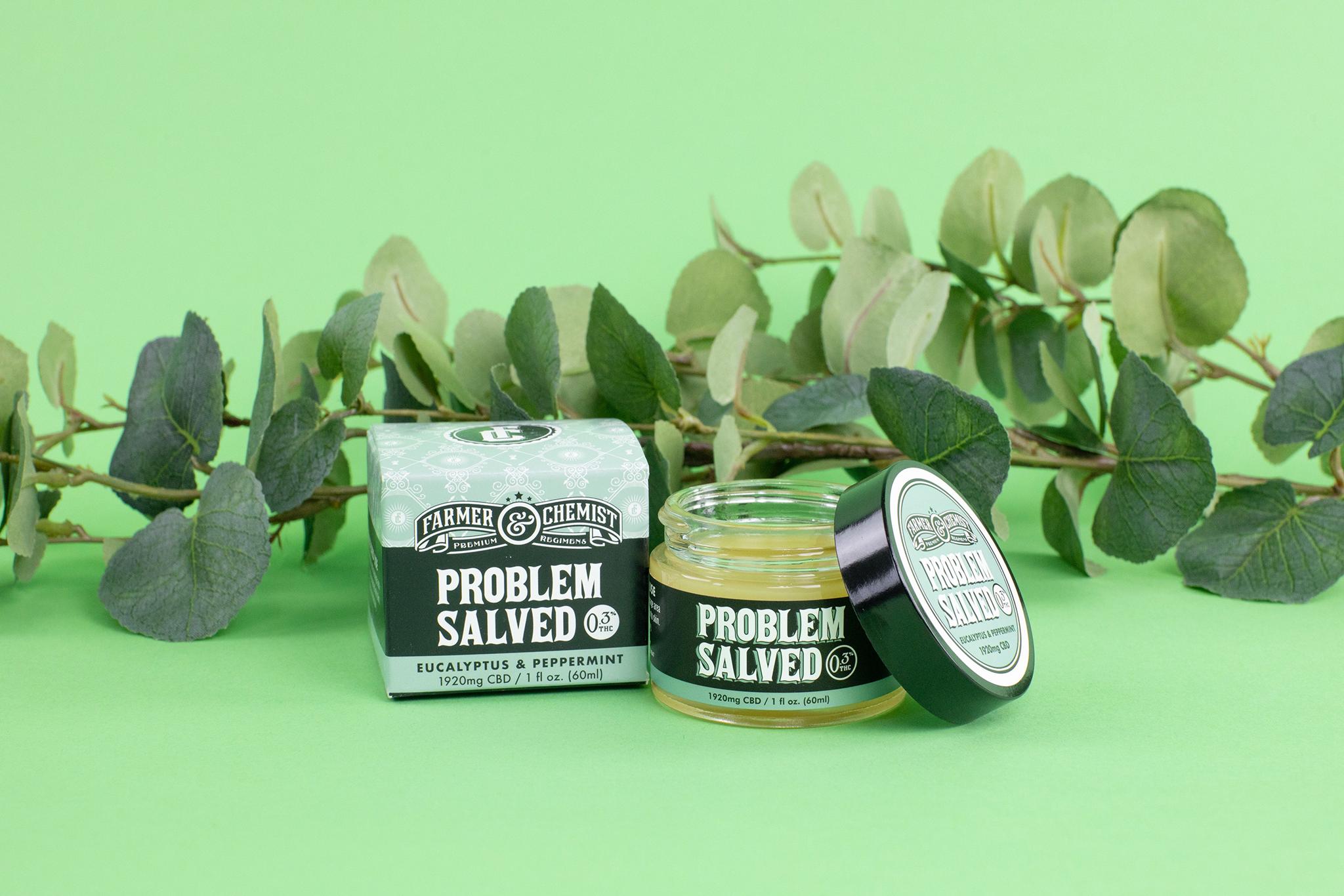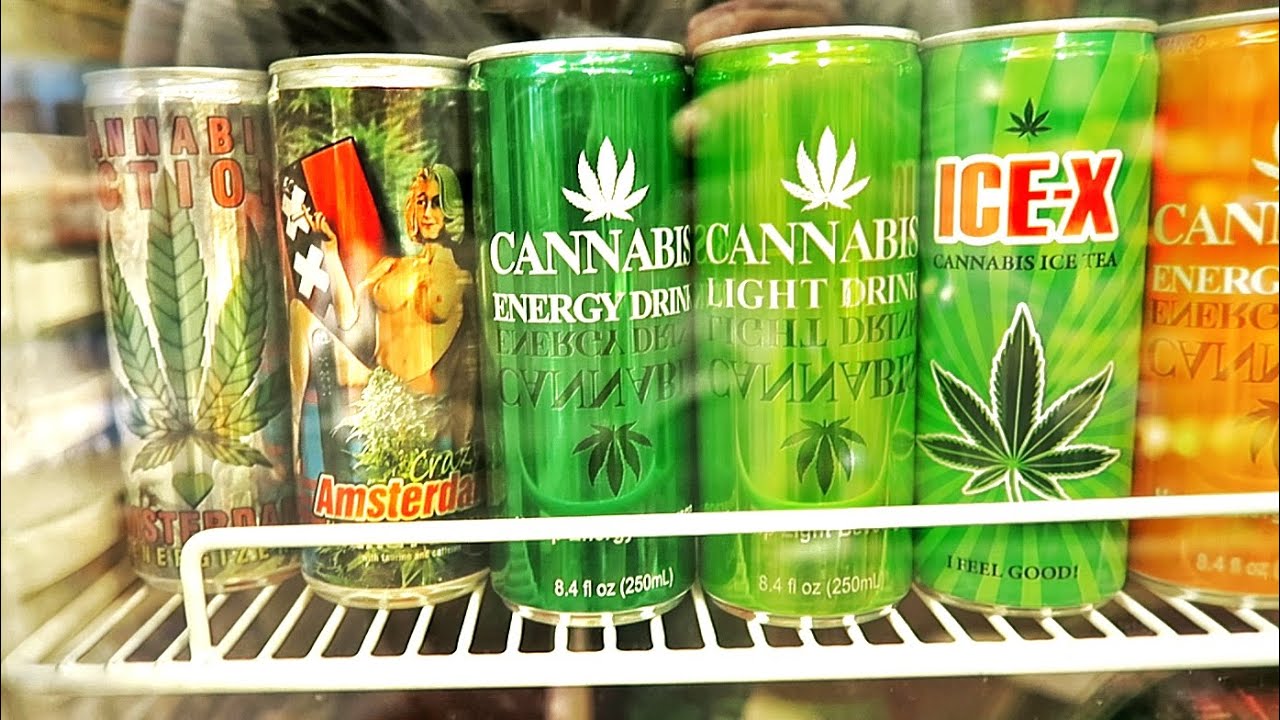
CBD patches are a common term, but are you curious about their effects and how they work? This article will examine CBD in CBD patches and answer all your questions. We'll also show you how to find the best source of these products.
Cost per milligram of CBD in a Cbd Patch
CBD patches can be expensive so it is important to know the price per milligram. Some patches may be 10 cents a milligram while others might cost over $1 a milligram. If you are looking for CBD content per milligram, be sure to look at the label.
CBD patches are typically applied to the skin. They act by passing CBD directly to skin cells. Cannabinoids can be easily diffused through skin and blood vessels because they are lipids. This allows the CBD to reach the endocannabinoid system, where it binds to the CB1 and CB2 receptors. This method of CBD delivery can be slow. Some manufacturers may have added permeation enhancements to allow CBD to penetrate skin faster.

Side effects from cbd patches
Side effects of CBD patches can vary from one person to the next. Some people might experience a temporary relief, while others may experience lasting relief for many days. Some people notice a difference in mood instantly, while others may need to wait for up to 72 hours. There is no way to predict how each person will react to CBD patches as they do not contain THC.
CBD patches allow the patient to absorb CBD into their bloodstream. CBD patches are a convenient and faster way to consume CBD than orally. CBD patches can be applied for longer time periods of the day without affecting the digestion system. Additionally, they can provide constant relief.
CBD dosage in a CBD patch
CBD is generally safe for use. However, it can interact sometimes with medications prescribed by doctors. Talking to your doctor about CBD's effects is important. Pregnant women and breastfeeding mothers should avoid the use of the CBD patch. Some side effects include skin irritations and headaches. These side effects are likely to be caused by CBD overdose.
CBD patches should be applied to a clean area of the skin where the application will be most effective. The manufacturer may recommend that the patch be worn for between eight and twelve hours, depending on its effectiveness. Some patches may last up to 96 hour. You should never leave a patch on longer than recommended.

Where can I buy cbd patches
CBD patches are an excellent way to reduce your anxiety. These patches have many benefits, and many people use them for different reasons. They can help reduce pain and improve your sleep. Here are some locations you can find these patches.
These patches are easily available in the UK, and they are a legal way to use cannabis for pain relief. They contain a compound called penetration enhancers. This allows the cannabinoid (cannabinoids) to penetrate the outermost layer of the skin and spread through the body. They can provide pain relief as well as anxiety and energy boosting.
FAQ
Which countries produce the highest quality CBD?
The United States is home to the greatest number of CBD products.
However, CBD products can also be made in Canada, Australia, New Zealand and Israel.
What are the prospects for the CBD industry in the future?
The future of CBD is bright. It's clear to see why so many people have jumped on this industry. With CBD products making up over $1Billion worldwide, it's easy for people to see why this market has grown exponentially.
According to Statista, worldwide sales of cannabidiol (CBD), are expected to hit $22.4 billion in 2019. That's an increase of almost 200% from 2018!
A compound annual growth rate (CAGR) of 22.5% is predicted for the CBD market, which will translate into nearly $6.8 Billion in revenue by 2022.
This is great news both for those looking to enter the market as well as existing companies. The CBD market is still young and may face challenges.
Is there a CBD industry that is growing?
The answer is yes! And this growth is expected to continue into the future as legalization spreads across North America. Canada, which legalized recreational cannabis, has passed several medical marijuana laws.
As more states legalize medicinal marijuana, this trend will likely continue for at minimum a decade.
Economically, legalizing marijuana makes economic sense. As well as providing a lucrative alternative market for farmers, there are many other benefits to legalizing pot.
For example, it could help reduce crime rates by reducing the availability of illegal drugs. It could also help governments generate tax revenue.
As more people turn to legal weed, they may also choose to consume less alcohol. This would reduce hangovers and increase health care costs.
Patients with chronic pain might find that marijuana actually helps to improve their quality-of-life. Many believe that the active ingredient in marijuana, THC, helps relieve symptoms such as muscle spasms and nausea caused by chemotherapy.
Finally, marijuana might become a valuable tool for treating mental illnesses such as depression and anxiety. Some studies have shown that marijuana can treat schizophrenia.
So, although the future looks bright for the CBD industry, we should not forget that there are still plenty of challenges facing us along the way.
How can companies successfully market CBD products in a regulation-compliant manner?
The FDA does NOT regulate hemp as an agriculture commodity. The Controlled Substances Act regulates other cannabis derivatives (e.g. pot). CBD has not been subject to any specific regulations.
CBD is legal at state level in 29 US states. Federal law considers it illegal. This creates uncertainty for businesses looking to sell CBD products.
The FDA has specific guidelines on how CBD products must be marketed. The FDA requires that all CBD products clearly disclose their THC content. Without supporting scientific evidence, CBD cannot be claimed to treat certain medical conditions.
Additional information is required by the FDA regarding manufacturers' manufacturing practices, quality control measures, and other details. They require companies to carry out clinical trials to prove safety or efficacy.
When developing their own marketing strategies, companies should take into account these points.
Is CBD a good business to invest in?
As people learn more about the benefits of hemp-based products, the market for them continues to grow. There could be $1B worth of hemp products on the shelves by 2022.
The market is also expected to continue growing at an annual rate of over 20% until 2020, when it reaches $2.5 billion.
Hemp oil is already used in many beauty and health care products such as lotions, shampoos, lip balms, moisturizers, body butter, and skin creams.
There are also several companies producing CBD-infused beverages, snacks, pet foods, dog treats, and other food items.
CBD is currently legally available in all 50 States. However, this could change soon. Businesses will find it easier to legally operate legally as more research is done on CBD's potential uses.
With these factors in mind, it's clear that investing in CBD can be a lucrative venture.
What are the most popular CBD brands?
These top CBD brands were handpicked by us on the basis of quality, reliability and value.
They offer high-quality CBD oil products that contain less than 0.2% THC.
Our list of top CBD vendors worldwide is also recommended.
Are there any common mistakes companies make when entering the US cannabinoid marketplace?
It is easy to make a mistake by not knowing the regulations surrounding cannabis products. This could mean that you may have to change your product formulation.
A second error is not properly labeling your product. It is essential to find out if your product contains either THC or CBD.
Third, it is important to understand how to properly package your product. If your product contains THC you should ensure that it's packaged in child-resistant containers.
Even if your product doesn't contain THC, you must still comply with all packaging laws. There are many states in which cannabidiol is legal.
Remember to keep track of any recalls for your products. It is important to inform customers as soon as possible if there is an issue with your product.
Statistics
- A recent study [161] also found that in vitro CBD treatment (i.e., ≤ 2 h exposure to 10 μM) induced ~40% vasorelaxation in isolated (pre-constricted) (ncbi.nlm.nih.gov)
- CBD seems unlikely to directly influence sleep in healthy humans [115] (and maybe “sleep-promoting” in those with certain comorbid conditions) (ncbi.nlm.nih.gov)
- A recent systematic review of human trials also reported that individuals with epilepsy receiving CBD (5–20 mg·kg−1·day−1) were more likely to experience decreased appetite than those receiving placebo (i.e., ~20 vs. 5% of patients) (ncbi.nlm.nih.gov)
- The use of these products is likely to become even more widespread if the World Health Organization's recommendation that CBD no longer is scheduled in the international drug control conventions is adopted by the United Nations member states [201]. (ncbi.nlm.nih.gov)
- While the primary injury may not be treatable, interventions that attenuate secondary sequelae are likely to be of benefit [203].Only one study (ncbi.nlm.nih.gov)
External Links
How To
What are the major issues facing the CBD industry in general?
The market for CBD is growing at an astonishing rate. There are many hurdles businesses face when trying to enter the CBD market. These include low consumer awareness, high entry costs, limited capital access, regulatory uncertainty, and lack of consumer awareness.
Many people are not aware of what CBD is, or how it functions. This makes it difficult for consumers to make informed decisions on whether or not they want CBD products.
As a result, most CBD companies rely heavily on word-of-mouth marketing. This is expensive because it requires paying for advertising and hiring staff to promote their brand.
Another issue facing new entrants into the CBD industry is the high cost of production. The raw materials needed to create CBD products are quite expensive. To make CBD oil, hemp must be grown in certain climates and soil types.
Grow enough hemp to produce CBD oil requires approximately $1,000 per annum. This means that many small farmers cannot afford the cost of starting.
Another challenge new entrants face in the CBD market is the lack of access to capital. Many people who want to start a business are discouraged by banks due to the stigma associated with the industry.
There is also regulatory uncertainty around the sale of CBD products. There are no established guidelines regarding the marketing of CBD products.
Some states have passed legislation restricting the sale of CBD products, but this has yet to become national policy.
Only Nevada and Maine have already legalized recreational cannabis.
Massachusetts and Michigan have considered similar measures.
These changes could lead to increased competition between CBD manufacturers.
As a result of these factors, many entrepreneurs choose to work from home rather than start a physical business.